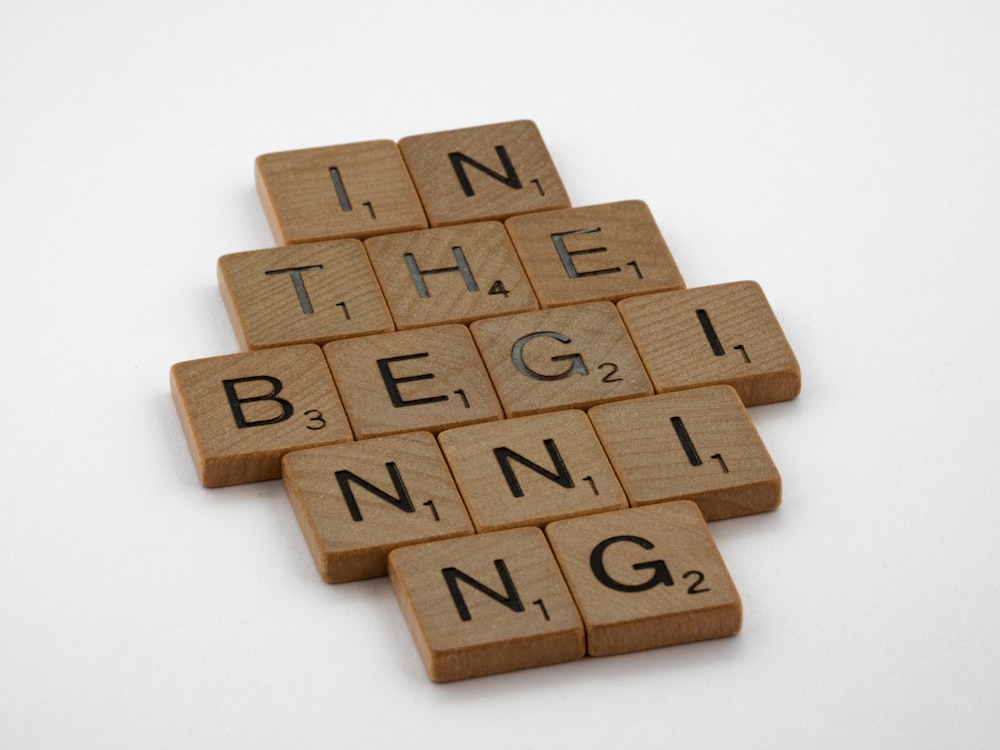The director of a Theological Research Institute gives the readers of the Catholic Times another reminder of what is a constant theme in our society: the weather change and consequences in the Eyes of the Believer column.
Although the midday sun is still hot, the breezes in the morning and evening feels cool. She is glad that it is fall now. As each year passes, the summers become more difficult to endure, this year there were many days with oppressive heat which reduced energy. Maybe it's because she is getting older, but she also thinks it's because the average temperature of the Earth is rising and our country is gradually turning into a subtropical climate.
The World Meteorological Organization (WMO) announced that the Earth's surface and sea surface temperatures in July of this year were the highest ever, and that it was close to the 'temperature rise of 1.5 degrees compared to pre-industrial levels', which is considered the Maginot line of climate change. In addition, it was predicted that there is a 66% probability that the temperature will exceed 1.5 degrees within the next five years. Seeing this, the UN Secretary-General warned that the era of ‘global warming’ is over and the era of ‘global boiling’, in which the Earth is boiling over, has arrived. One scientist even said that “this year will be the ‘coolest summer’ of the rest of our lives,” as future summers will become increasingly hotter
Even without looking at scientific data, we are all already feeling the climate crisis. Last summer, as the extreme weather changed with continued scorching heat followed by sudden heavy rain, the number of deaths and patients from heat-related illnesses increased significantly compared to previous years, and many casualties of heavy rain occurred, including the Osong underground car disaster.
As seawater temperatures rise, subtropical marine life is being discovered one after another in the waters surrounding the Korean Peninsula, and the cultivation of subtropical crops is also increasing in rural areas. Some people are watching these changes closely and feel a serious sense of crisis, but most are just indifferent and ignore the warnings sent by nature.
When it comes to choosing an ecological life, it is said that deciding to live an eco-friendly life for one's health or for economic benefit does not last very long. It is a task that must be continued despite the inconveniences so when conditions change, the body quickly returns to a familiar and comfortable life. However, it is said that actions that come from a heart of empathy, compassion, deep love and solidarity for suffering lives do not easily change. This is why Pope Francis emphasizes ‘ecological conversion’ in Laudato Si’ and why it is said that the religious community must take the lead in this ecological crisis and move and change people’s hearts to live a life of moderation and sacrifice.
She was curious about ecological activities in other religions. Buddhism proposes the vegetarian culture as an alternative in the era of ecological crisis, and is said to be carrying out activities to encourage vegetarianism, such as holding a vegetarian campaign on Dog Day. In order to respond to the climate crisis, Won Buddhism is said to be carrying out activities to create small forests by planting trees equal to their age, and is increasing the number of ‘Sunshine Churches’ that convert the electricity used in churches into renewable energy. It is said that Protestant churches provide a lot of ecological spirituality education through publishing ecological education materials and environmental campaigns.
In particular, this ‘Creation Season’, when all Christians pray together in solidarity, is called ‘Creation Festival’ like Lent or Advent, and we pray and act to take care of this world created by God. [On September 1st, the Feast of Creation, also known as World Day Of Prayer For The Care Of Creation, kicks off the 2023 Season of Creation under the theme 'Let Justice and Peace Flow.'To celebrate, Pope Francis calls everyone to listen to the 'victims
of environmental and climatic injustice' and to 'put an end to this
senseless war against creation. Feast of Creation Care of Creation concludes on October 4th, the feast of St. Francis of Assisi.
In our Catholic Church, there are many dioceses that encourage people to practice sacrifice and self-control in the spirit of green martyrdom during this creation period, which overlaps with the Holy Month of Martyrs.
As today’s Gospel says, “If two of you on earth agree about anything they ask, it will be done for them by my Father in heaven” (Matthew 18:19). Christians and religious people who love the world are taking the lead. She sincerely ask that prayer and action can flow like a river of justice and peace and change the ecological crisis that is a mountain of injustice
